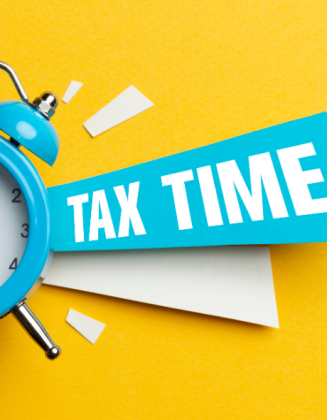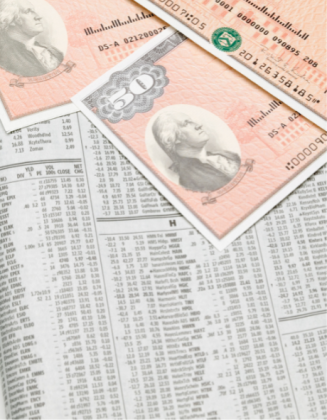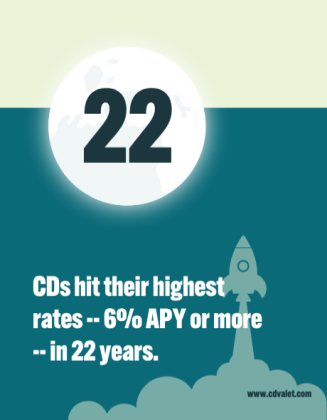Taxes and Certificates of Deposit: What You Need to Know
When do we not think about taxes? Whether we’re making investments, contemplating a major purchase, estate planning, or closing out the calendar year, taxes are always top of mind. In recent years, Certificates of Deposit (CDs) have regained popularity due to their low risk and relatively high returns. Even as interest rates trend downward, many …
Taxes and Certificates of Deposit: What You Need to Know Read More »










